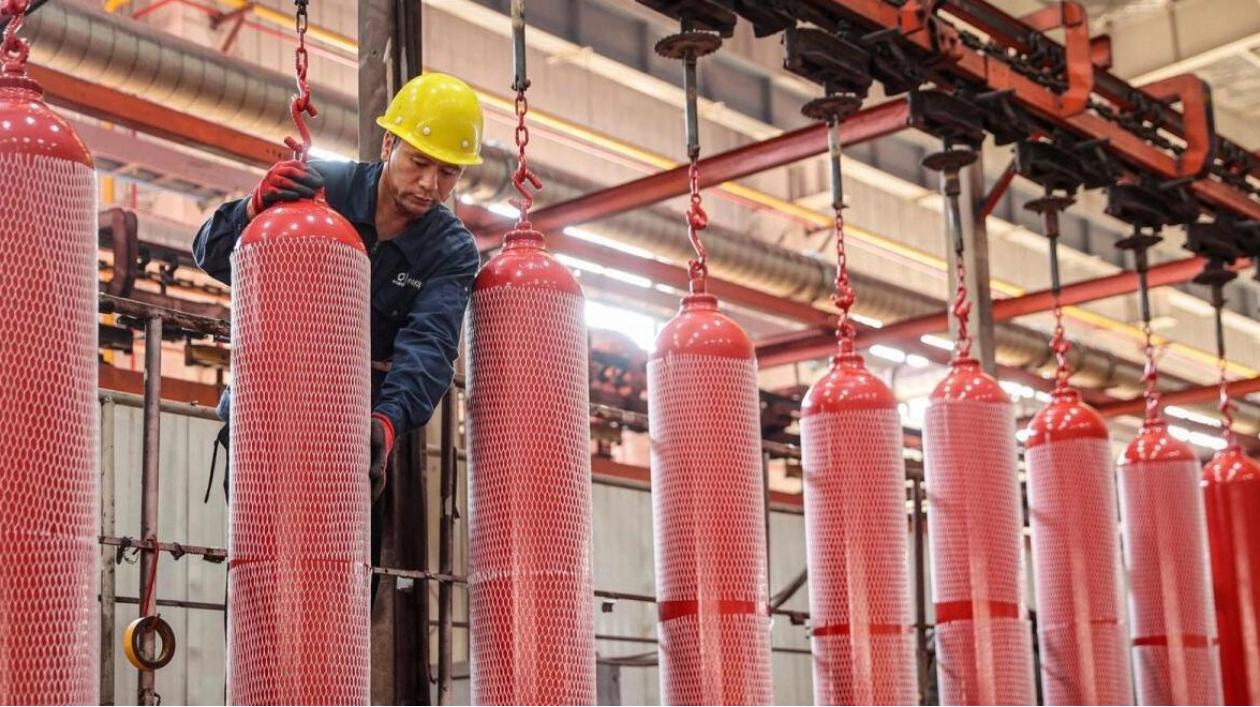China has introduced a series of new measures to revitalize its economy, which has faced significant challenges in recent years, including a property sector crisis and weak consumer spending. The stimulus package, announced by the central bank, follows warnings that more state support was necessary to achieve growth targets for 2024 and stabilize the world's second-largest economy.
The People's Bank of China reduced its medium-term lending facility rate from 2.3% to 2.0%, marking the second reduction this year. This move, along with other measures, is seen as the boldest in years as Beijing seeks to boost economic activity. However, some experts, like Ting Lu from Nomura, are questioning the effectiveness of these monetary measures without corresponding fiscal policies.
Bank chief Pan Gongsheng also announced a reduction in the reserve requirement ratio, aiming to inject around a trillion yuan into the financial market. While this has exceeded market expectations and is expected to boost lending, Zhiwei Zhang from Pinpoint Asset Management notes that fiscal policy is still missing from the package.
The housing market, a significant drag on the economy, has seen home sales decline steadily. Pan announced that interest rates on existing mortgage loans would be lowered, potentially benefiting 150 million people. Additionally, minimum down payments for second homes were reduced from 25% to 15%, aiming to further stimulate the housing market.
Despite these measures, Stephen Innes from SPI Asset Management warns that the central bank's latest moves, while promising, may not be sufficient to address deeper economic issues like deflation and sluggish growth.






